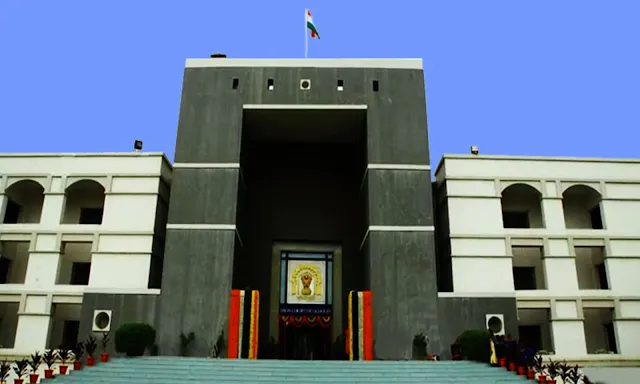In a recent ruling, the Gujarat High Court granted bail to the son of BJP MLA Geetaba Jadeja, who was facing charges under the SC/ST (Prevention of Atrocities) Act. The case revolved around allegations that involved discrimination and harassment against a member of the Scheduled Castes, leading to the invocation of provisions under the stringent SC/ST Act. The accused had been implicated in a series of incidents that allegedly targeted the complainant based on caste identity, leading to widespread attention.
Key Legal Arguments
The defense counsel representing the MLA’s son argued that the allegations were politically motivated, aiming to damage the reputation of the MLA and her family. The defense emphasized the lack of direct evidence linking the accused to the offense, and further, it was highlighted that the FIR was registered much later after the incident occurred, indicating possible ulterior motives.
On the other hand, the prosecution maintained that the offense committed was serious in nature, and granting bail to the accused would send a wrong message, undermining the purpose of the SC/ST Act. They stressed that the victim’s statements clearly pointed towards caste-based discrimination, making it essential for the court to proceed with caution while deliberating the bail application.
Court's Ruling and Reasoning
The Gujarat High Court, after reviewing the case details and considering both the defense and prosecution arguments, concluded that the evidence presented did not sufficiently establish a prima facie case that warranted continued detention of the accused. The court ruled that while the allegations were grave, the absence of immediate, concrete evidence directly linking the accused justified granting bail. The court also noted that prolonged pre-trial detention without concrete evidence could infringe upon the individual’s right to liberty.
In its order, the court laid down specific conditions that the accused must follow while on bail, including restrictions on contacting the victim or witnesses, and regular appearances before the court as and when required. The court’s decision reflected a careful balance between upholding the accused’s rights and ensuring that the victim’s claims were treated seriously during the trial process.
Implications of the Ruling
This ruling is significant as it sheds light on the judiciary’s approach to sensitive cases under the SC/ST Act. While the law aims to provide stringent measures to protect marginalized communities, the court emphasized the importance of a fair trial and the need to avoid arbitrary detention. The decision may also have political implications given the high-profile nature of the individuals involved.
Conclusion
The Gujarat High Court’s decision to grant bail in this case highlights the complexity of handling cases under the SC/ST Act, particularly when political and personal interests intersect. The ruling reaffirms the judiciary's commitment to balancing the protection of marginalized communities with ensuring fair trial procedures for the accused.










0 Comments
Thank you for your response. It will help us to improve in the future.